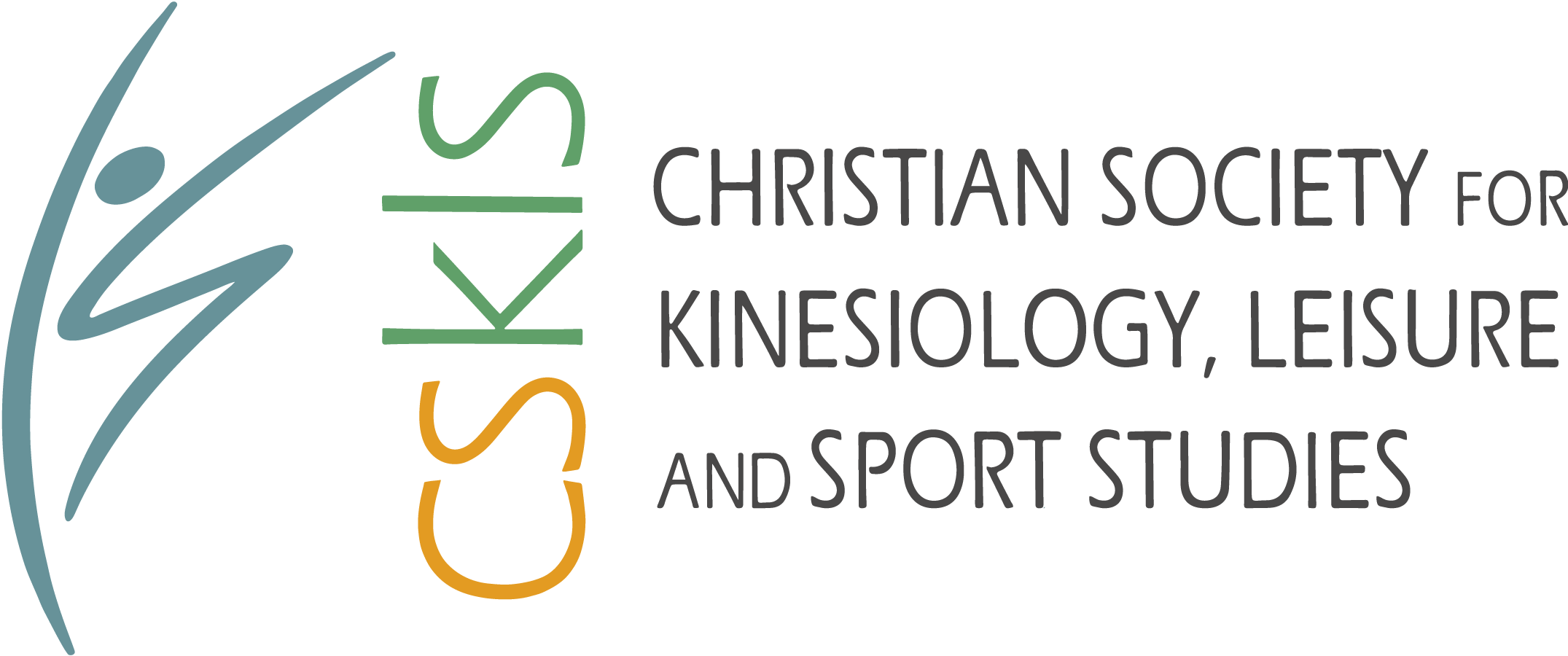Religiousness and Perceived God Perfectionism Among Elite Athletes
Benjamin J. Houltberg, Ph.D.
Kenneth T. Wang, Ph.D.
Sarah A. Schnitker, Ph.D.
Abstract
Little research has been conducted examining the link between athletes’ religious beliefs and practices and coping with the pressures related to elite competition. The purpose of the study was to investigate athletes’ global self-worth and perfectionistic concerns as key variables that link religiousness and perceived God perfectionism to dealing with performance failure and appraisals of upcoming competition. Self-report data was collected from a sample of 99 elite athletes (Mdn age = 22, 48% female, 89% believed in God) that were currently competing at a NCAA D1, professional or Olympic level. We used structural equation modeling to test direct and indirect pathways of two separate theoretical models and bootstrapping for determining the significance of indirect effects. Self-worth and perfectionistic concerns were important in understanding the link between religious variables and outcomes in both models. Specifically, high levels of athlete religiousness were related to high levels of self-worth, which in turn was related to low levels of shame when recalling a disappointing performance. In contrast, perceived God perfectionism discrepancy (i.e. gap in perceived standards from God and the athletes’ performance) was related to shame via a positive relation to perfectionistic concern. Religiousness was also directly related to feelings of comfort from God, whereas perceived God perfectionism was directly related to athletes’ anger towards God after experiencing disappointment. For the second model, religiousness was linked to high levels of challenge appraisals and low levels of stress and threat appraisals of competition through high levels of global self-worth. On the other hand, perceived God perfectionism discrepancy was related to all three appraisals of competition through high perfectionistic concern and low self-worth. Overall, our findings suggest that religiousness can serve as an important resource for athletes or contribute to psychological difficulties. Implications of our findings for practitioners are discussed.
Keywords: Religion, God Perfectionism, Self-Views, Elite Athlete, and Coping Strategies
From the Journal of the Christian Society for Kinesiology and Leisure Studies – Volume 4, Number 1 (2017)
